A Mental Health Crisis:
Supporting Children and Teens
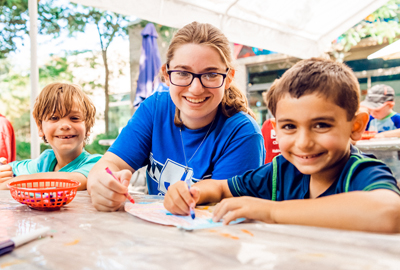
Recently, the United States Surgeon General Dr. Vivek Murthy issued a chilling advisory about youth mental health.
“Mental health challenges in children, adolescents, and young adults are real and widespread,” said Murthy. “Even before the pandemic, an alarming number of young people struggled with feelings of helplessness, depression, and thoughts of suicide — and rates have increased over the past decade. The COVID-19 pandemic further altered their experiences at home, school and in the community, and the effect on their mental health has been devastating.”
Unfortunately, youngsters in Baltimore’s Jewish community are not immune from our country’s youth mental health crisis. Thankfully, youth professionals working in The Associated’s agencies are taking steps to meet the needs of our young people.
Recently, JCC Program Officer Emily Stern and Senior Director of 4Front Diana Solomon (who happen to be sisters) shared their observations of the challenges facing children and teens and explained how
J Camps and 4Front’s Peer Leadership Fellows program are addressing those challenges.
What are you seeing and hearing from the youngsters you work with?
Emily Stern: When kids began to be back in a 100% in-person social setting for the first time in over a year. After being at home without a lot of socialization and feedback from people outside of their families, some kids were lagging behind socially and developmentally. So, we saw higher frequency and intensity of things like physical aggression, anxiety, and in some cases, depression. Some kids just didn’t know how to deal with their feelings.
We had a group of staff that were there to be helpful and supportive, but they were not necessarily trained to manage those issues. Besides, some of our staff are 16 and 17 years old and dealing with their own mental and emotional health issues.
What changes have you made to address these challenges next summer?
Emily Stern: J Camps added a Care Team to help campers and staff with their mental health needs. Having more staff with clinical backgrounds will also be helpful to our families who may not even know that their children are struggling. These new staff members will have the time, energy and expertise to focus specifically on mental health.
This isn’t entirely new for J Camps. We’ve always had one camper support staff member in previous summers — someone with a clinical background who can support staff and campers. We realized that one clinician is not enough to manage the mental health needs of such a large community. The staff person will begin their camp role earlier to have time to learn about each camper’s social and emotional needs. That enabled us to be more proactive in case there’s anything we should put in place before the summer begins.
We also added several more positions, including a staff member whose focus will be providing mental health support and education to our staff. Staff members will receive training in child development, so they’ll be better equipped to respond to problems that may come up and know how to implement behavior plans for individual campers. Furthermore, J Camps added a new Unit Counselor position to support Unit Heads and Directors to allow them to spend more time addressing the mental, emotional well-being of the campers in their program areas.

What’s been your experience with the Peer Leadership Fellows program Diana?
In 2018, 4Front introduced the Peer Leadership Fellows program, a paid internship that trains teens in peer-to-peer engagement to encourage other Jewish teens in the community to get involved. In the program, the teens learn about social network mapping and community organizing.
In 2020 when the pandemic began, we saw that teens were feeling anxious and isolated. They missed milestones like prom and felt less comfortable in social situations. Parents had different levels of COVID-19 precautions and that also created tensions between parents and teens.
How did you use the Peer Leadership Fellows program to help?
We realized that these Peer Leadership Fellows had a really unique view into the well-being of their peers and could have the potential to serve a really amazing role for each other. So, we decided to add a mental health component to their curriculum.
One or two of the program’s monthly workshops focus on mental health themes. For example, the teens are trained to pay attention to their peer’s social cues and to check in on them holistically instead of just talking about Jewish identity and Jewish programs in the community. They are taught to recognize when there’s a mental health situation that needs to be escalated to an adult.
Learn more about the mental health and wellbeing services The Associated and our system of agencies offer at associated.org/mentalhealth.
Subscribe to our newsletter
The Associated is a home for everyone in the Baltimore Jewish community. We offer several email lists to help people find a community, engage with their peers and support Jewish journeys around the world.
Join Our Mailing ListAdd Impact to Your Inbox
Sign up for our newsletter
Subscribe to our newsletter
The Associated is a home for everyone in the Baltimore Jewish community. We offer several email lists to help people find a community, engage with their peers and support Jewish journeys around the world.
Join Our Mailing List
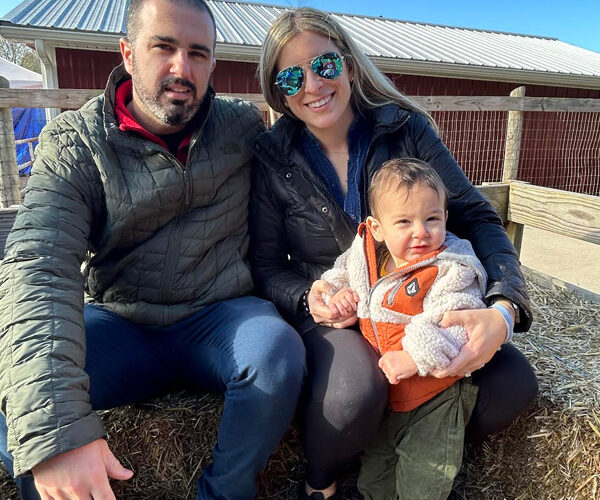
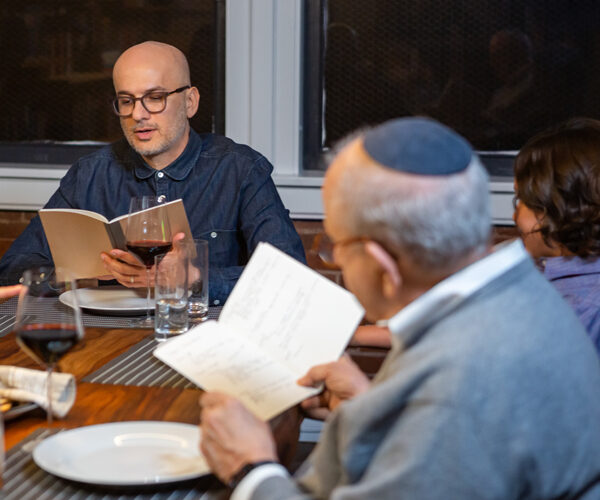
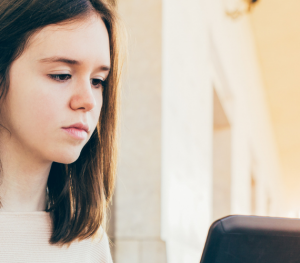

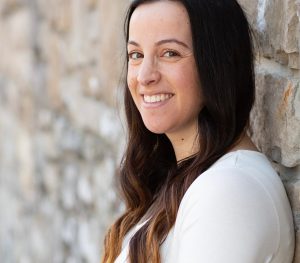
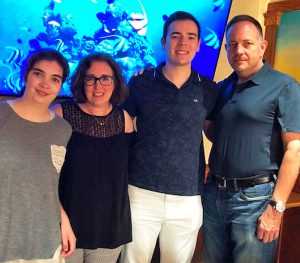

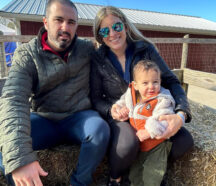
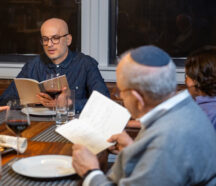
 Please Wait while we loading your video.
Please Wait while we loading your video.